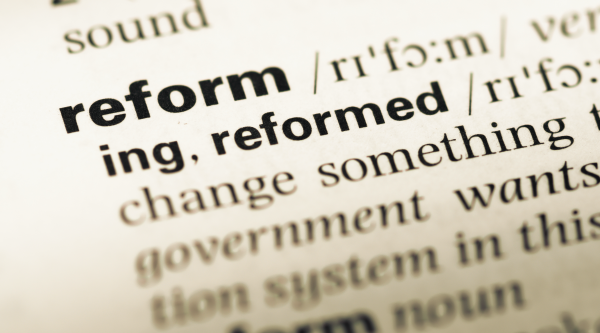Private Healthcare Australia says the prudential regulator's annual report on the operations of health insurers has revealed stable membership growth and a return to the pre-pandemic use of policies.
The report from the Australian prudential Regulation Authority shows private health insurers paid $22 billion in benefits during 2020-21 from $25.6 billion in premium revenue.
Health insurers are in the process of returning a 'deferred claims liability' built up in the early period of the pandemic in the form of benefits related to claims, cash payments and premium reductions.
The prudential regulator's John Huijsen recently acknowledged the 'deferred claims liability' (DCL) as a "sensitive issue."
"Rather than gouging policyholders, the DCL has been established as a means of protecting them by reducing the risk of PHIs being caught short of funds as a result of a surge of deferred claims, and unable to meet their financial obligations," he said, adding at the end of March 2021 private health insurers held a total of $1.75 billion for their DCL.
"APRA urges PHIs to remain prudent in their treatment of the DCL. It’s unclear how the longer-term health of Australians will be affected by COVID-19. We don’t yet know the impact on underlying health conditions due to deferred health screening and delayed preventative health treatment.
"As a result, there is a significant degree of uncertainty with regards to future claims activity and the overall economic and social impact of COVID-19 on membership mix, profitability and capital. It is therefore important that insurers continue to adopt a prudent approach when considering factors that determine the size of the DCL, and the timing of future releases," he said.
"Health funds will need to take a prudent approach to ongoing financial management in the current environment as there will be further fluctuations in claims as a result of the postponement of surgery and other treatments as a consequence of the COVID-19 pandemic," said Private Healthare Australia.
Private Heatlhcare Australia restated its call for the federal government to focus on the reform of medical device pricing.
The government funded a multi-year reform process in the 2021-22 Budget. There is widespread acceptance of the need for reform but disagreement over what form it should take.
Private Healthcare Australia said, "Medical device claims continue to grow out of proportion to the number and type of procedures performed. In the year to June 2021 compared to the year to June 2019 (pre-pandemic), benefits expenditure for medical devices increased by 7.4% compared to 3.8% for medical services.
"Unless the Morrison Government urgently implements the pricing reforms promised in the Federal Budget, the current pricing arrangements will lead to higher premiums for Australian health fund members. These reforms are urgent to ensure health fund members benefit in the next premium round.
"It’s not acceptable for medical device claims to rise at a greater rate than all other health services when the Australian health system is under increasing pressure due to the COVID-19.
In the current pandemic it is critical healthcare stakeholders do everything possible to keep private health insurance affordable and available to as many Australians as possible, and reduce pressure on our public hospitals."
